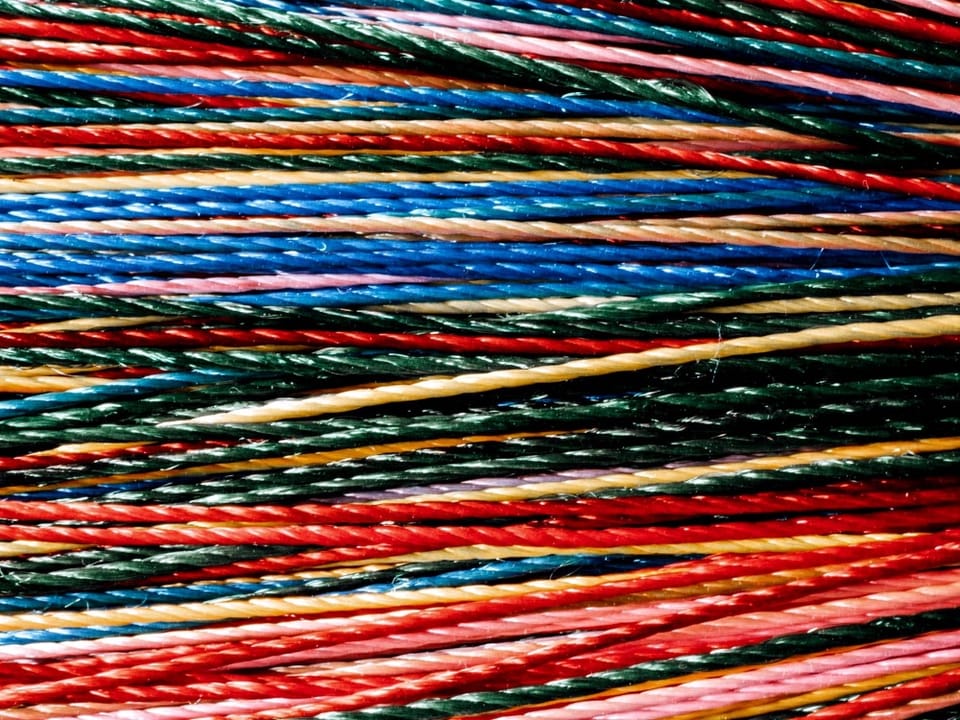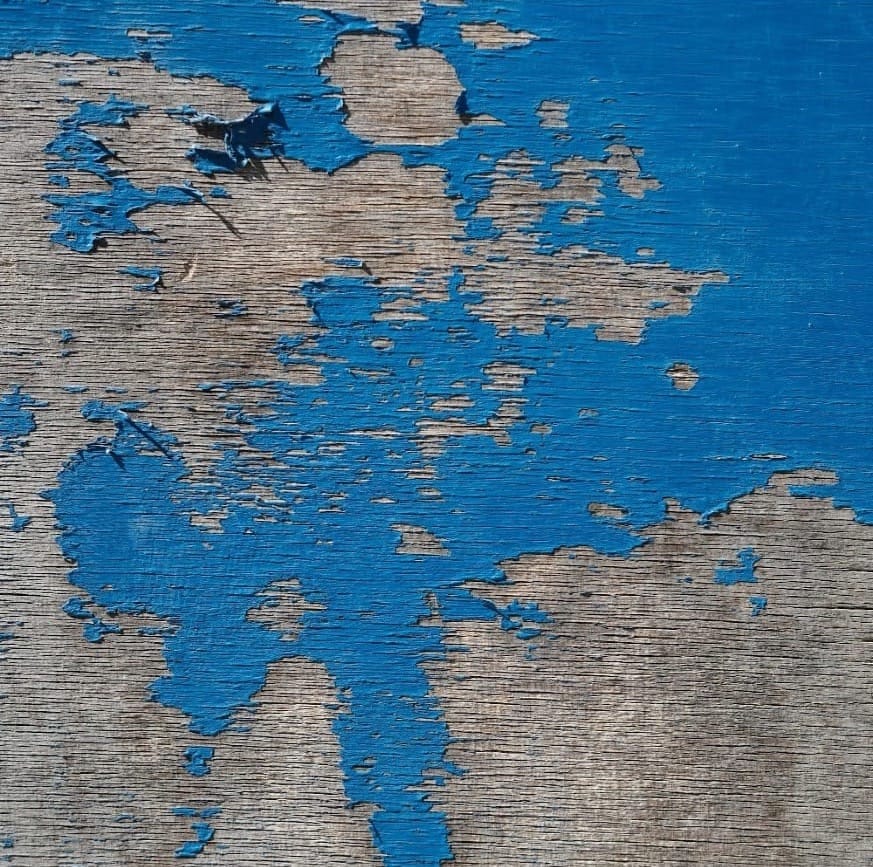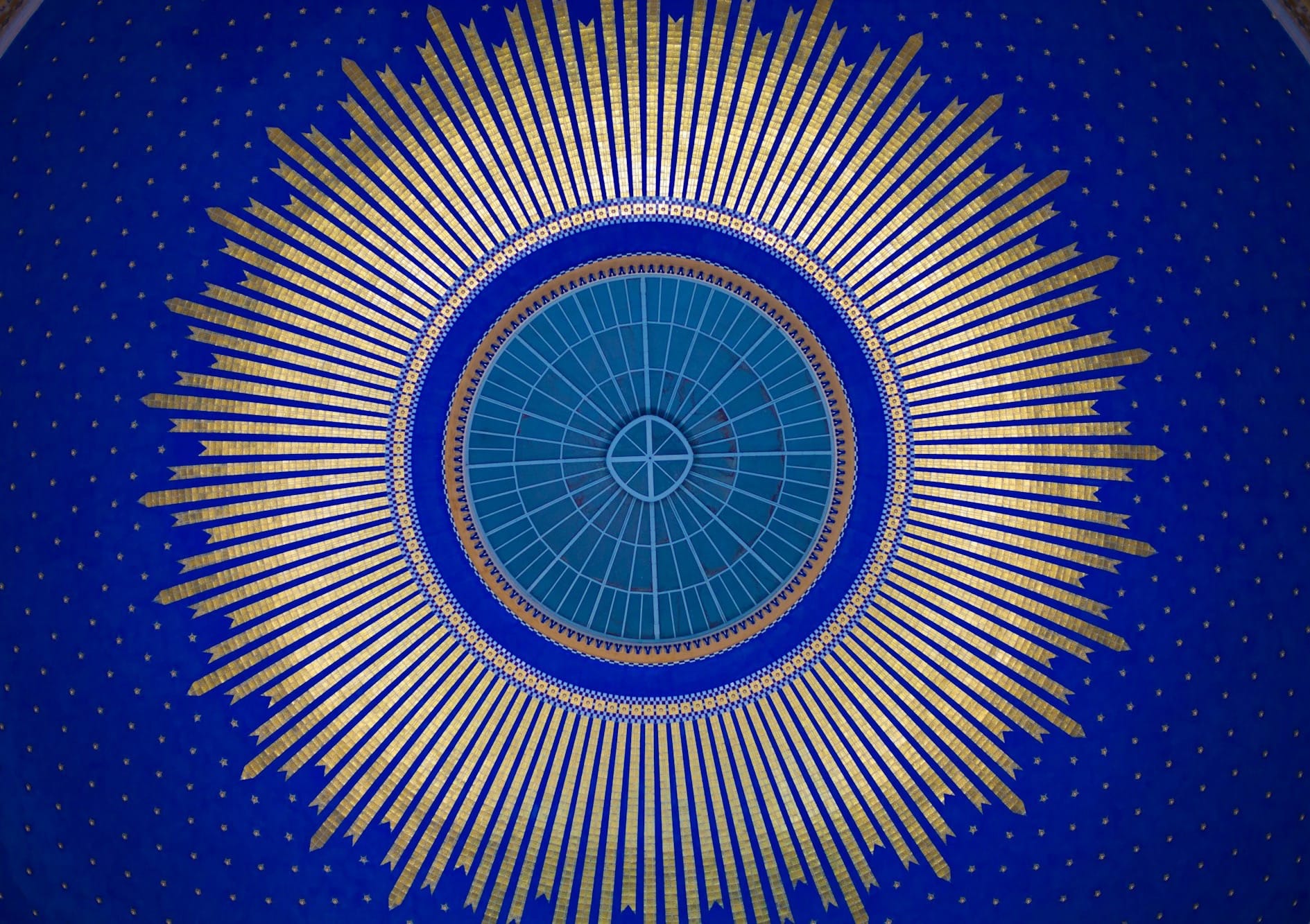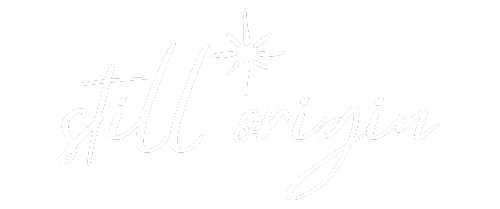Tending the Tapestry

Why do we insist on creating the conditions in which cruelty can thrive? How do we change? Will empathy change us? It could. Hardship, dark times, mistakes—they change us. Feeling a sense of belonging from another person who has nothing to gain by making us feel a sense of belonging—that can create profound change.
We are all woven into a tapestry. You’ve probably heard that before. What does it look like in your mind’s eye? I see it as multi-colored threads (no white or black) woven into star or rosette shapes connected to one another by threads extending from one rosette to the next. Among the threads connecting one rosette to the rosettes around it, there is empty space, which to me represents the unknown. (My vision of the tapestry sometimes looks like a crocheted blanket, but I still call it a tapestry.)
This tapestry, our existence, is held together by us. The strength of the weave of one of us directly affects the strength of the tapestry, and we must connect with one another, including the natural world, in order for the tapestry to stay whole. Death does not leave a gaping hole, but simply a faded color, still connected, still influencing the strength of the weave. But if one of us unravels while living, if we neglect our whole health—things like our mental/emotional/physical/spiritual balance or our self-compassion—our star can come undone, our threads no longer woven into the tapestry. Similarly, if our connections to others are not tended they sever, and the tapestry becomes torn into pieces.
Given the state of the world today, it’s pretty clear that our tapestry is a mess. Large gaps, loose threads, and severed connections throughout, it is barely holding together in places. What can we do? Turning on one another, accusing another of destroying the tapestry or “not belonging” in it only shreds it more.

These days it is difficult not to turn on one another. When we feel threatened by the actions of another, or feel threatened because someone we trust tells us we should, our instinct is to protect and defend ourselves, and in some cases, go on the offense in order never to feel threatened like that again. While it seems logical, and can seem like the only answer in the moment, it never solves the problem. The threat comes back, perhaps years later and in another form, perhaps bigger and stronger and harder to counter. And back and forth we go, like the eye for the eye for the eye for the eye…until we’re all blind.
For me it is really difficult to think about not protecting, defending, or fighting for ourselves or others when I think about the exchange of negative energy on the current global scale. The threats are real. There are people who will not hesitate to harm others on “the other” side. Not defending oneself or one another feels as if we’re not fighting for the survival of a people, the survival of the tapestry. So, what can we do?
One thing we can do is to notice with awareness what’s happening in the world with war and conflict. We can see that it's often backed up by simplistic reasoning at its core, such as, “You did something bad to me, so I will do something worse to you,” or the psychopathic, “You aren’t happy; this will make you (and me) happy.” When we notice with discernment, we can begin to develop a sense of what’s cruel and unusual and how leaders justify their own acts of cruelty by pointing to (or making up) another person’s/people’s similar acts of cruelty (“They started it.”). We can begin to understand justice as balance rather than something closer to vengeance or punishment. We can acknowledge that the people and leaders engaging in wars are all human, and that having the impulse to fight, however cruel it might become, is a human thing. We can understand that what another human is capable of, we might be or have been capable of in the “perfect storm” of circumstances. We can get a sense of what kind of responsibility we need and want to take for our own cruel impulses.
Another thing we can do is to try to accept ourselves, even with our own potential for cruelty. We all belong on this earth in this moment. We can remember that we are not above or better than anyone else, no matter where we’re from, where we were born, where our ancestors came from, where we went to school, what we believe, or how much we believe we can control our cruel impulses. We belong with all of our potential gifts and all of our limitations—not despite our faults but with all of our faults. We can tend our rosette, our star in the weave. And, as we do, as our rosette becomes brighter and stronger, we can begin to reach out to others authentically, compassionately, with a shared sense of belonging.

We reach out to others knowing that we all contain the capacity for cruelty, for doing bad things. We see others and see ourselves. We establish connection. We accept them with all of their potential gifts and limitations. We help them remember that they, too, belong here now. We nurture belonging around us so it spreads. And as we go, the tapestry mends itself, gets stronger, and maybe will be able to hold the weight of new rosettes. They will need nurturing. They will need people who embody the example of a nurturing society where we all belong, where the weave is strong—not a cruel society where belonging has been cut to shreds.
I realize these contemplations could sound as if we're avoiding the real cruelty, injustice, and hatred in the world today by thinking of it in less specific terms. Even with the hopelessness or powerlessness that we might feel in the face of every act of injustice, if we start with noticing how humans perpetuate cruelty, or if we try to accept ourselves and acknowledge that we, too, by virtue of being human, are capable of perpetuating cruelty and hate, we can begin to imagine a world built on something other than our cruel impulses. When we do, we can share that vision with others and begin to create something new. We can imagine change into being.

